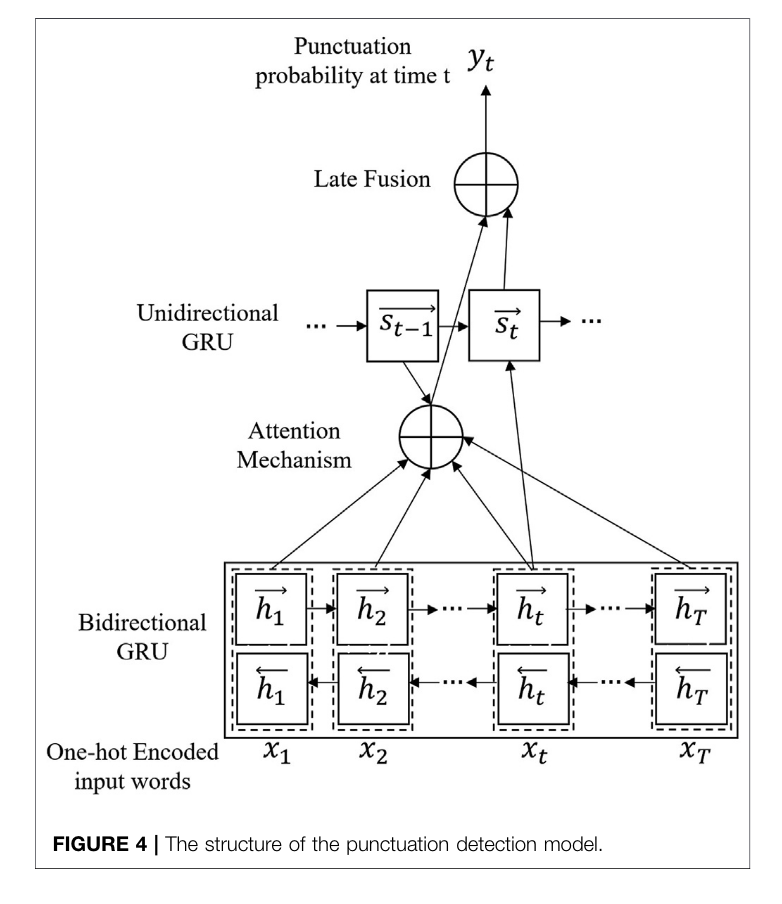Rust Systems Index
Last edited: August 8, 2025Setting the Stage
“What does the systems research landscape change when you start writing things in Rust? What are the most important open research challenges for software written in Rust?”
- GC is now a thing if you write go
- Lots of debugging tools were shaped by pointers, etc.
Lectures
Ruth 2025
Last edited: August 8, 2025One-Liner
Governments’ security guidance lack overall consensus in both formatting as well as actual practice; we find this out using treeeeees.
Novelty
- new tree similarity mechanism similar to edit distance
- first hand-labeled ontological dataset for security guidance
Notable Methods
- download security guidance
- label guidance into multi-level controls
- tree distance metric for similarity
SA
Last edited: August 8, 2025an operations research linear solution system
Sadeghian 2021
Last edited: August 8, 2025DOI: 10.3389/fcomp.2021.624594
(Sadeghian, Schaffer, and Zahorian 2021)
One-Liner
Using a genetic algorithm, picked features to optimize fore; achieved \(94\%\) with just MMSE data alone (ok like duh me too). Developed ASR tool to aid.
Novelty
- Developed an ASR methodology for speech, complete with punctuations
- Used a genetic algorithm to do feature selection; NNs performed worse because “space is smaller???”
Notable Methods
Used a GRU to insert punctuations

The paper leveraged the nuke that is a bidirectional GRU, ATTENTION,
Safety for Autonomous Trucking
Last edited: August 8, 2025challenges of autonomous driving
the world is messy—robo-taxies would be confused
It seems like an increasing trend to do data argumentation with generative approaches.
safety standards
ISO 26262
how to do it , instead of what to do
- functional safety standard
- methods about testing and processes
ISO 21448
intended functionality
- scenario based analysis of hazardous situations—“triggering conditions” => “mitigations” shown below
- identification and mitigation of functional insufficiencies
- (requires?) the discovering of unknown unknowns with mitigations
Safety and AI
the actual safety challenges
